
Pull of Gravity(NaN)
700,000 prisoners are released each year in the U.S. What happens to them when they come home?
North Philadelphia, PA – Kev, El and Andy are three men united by one struggle: they are trying to defy gravity. As part of the 700,000 prisoners released into society every year, they find themselves faced with a chilling outlook: 67% of ex-offenders re-offend within three years. What explains this invisible force that keeps former inmates in a seemingly unending cycle of incarceration? Filmed on the street over the course of two years, Pull of Gravity is an intimate portrait of these three men that confronts head-on the gritty details of lives cut short by poverty and drugs, where dealing is seen as the only route to economic prosperity, where using offers an escape from powerlessness, and where prison is too often the next stop. The film’s unfiltered lense captures its subjects as they lay bare their stories, fears, and tentative dreams.
Movie: Pull of Gravity

Pull of Gravity
HomePage
Overview
North Philadelphia, PA – Kev, El and Andy are three men united by one struggle: they are trying to defy gravity. As part of the 700,000 prisoners released into society every year, they find themselves faced with a chilling outlook: 67% of ex-offenders re-offend within three years. What explains this invisible force that keeps former inmates in a seemingly unending cycle of incarceration? Filmed on the street over the course of two years, Pull of Gravity is an intimate portrait of these three men that confronts head-on the gritty details of lives cut short by poverty and drugs, where dealing is seen as the only route to economic prosperity, where using offers an escape from powerlessness, and where prison is too often the next stop. The film’s unfiltered lense captures its subjects as they lay bare their stories, fears, and tentative dreams.
Release Date
Average
10
Rating:
5.0 startsTagline
700,000 prisoners are released each year in the U.S. What happens to them when they come home?
Genres
Languages:
EnglishKeywords
Similar Movies
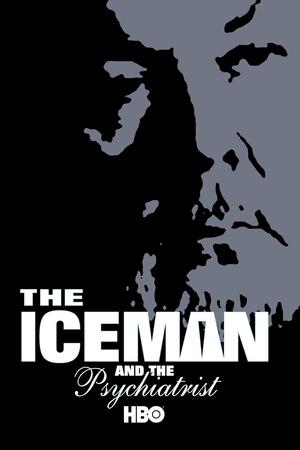 7.3
7.3The Iceman and the Psychiatrist(en)
For the third time, HBO cameras go inside Trenton State Maximum Security Prison--and inside the mind of one of the most prolific killers in U.S. history--in this gripping documentary. Mafia hit man Richard Kuklinski freely admits to killing more than 100 people, but in this special, he speaks with top psychiatrist Dr. Park Dietz in an effort to face the truth about his condition. Filled with more never-before-revealed confessions, it's the most chillingly candid Iceman special yet as it combines often-confrontational interview footage between Kuklinski and Dietz with photos, crime reenactments and home movies that add new layers to this evolving and fascinating story.
 0.0
0.0Sons of Wood(es)
Don Luis Valdez is a luthier of traditional music instruments, who embarks on the task of teaching a group of inmates from the "Santiago 1" prison (Chile), to build a guitar.
 6.2
6.2Nazis on Drugs: Hitler and the Blitzkrieg(en)
For all its talk of racial, spiritual, and physical purity, the self-anointed “Master Race” harbored a secret…theirs was an axis of drug addicts. This two-hour special explores the origin, impact, and lasting effects of the state-sponsored drug use that helped build—and eventually burned—the Third Reich. Incredible new sources of information, including a detailed journal maintained by Hitler’s personal physician, reveal the extent of not just his, but the entire Nazi Party’s reliance on drugs to power their war effort.
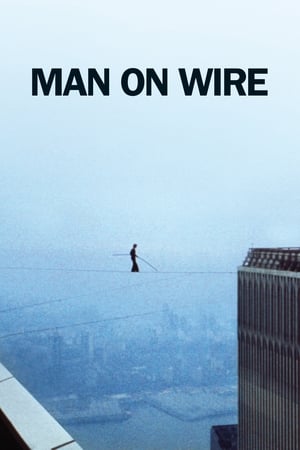 7.4
7.4Man on Wire(en)
On August 7th 1974, French tightrope walker Philippe Petit stepped out on a high wire, illegally rigged between New York's World Trade Center twin towers, then the world's tallest buildings. After nearly an hour of performing on the wire, 1,350 feet above the sidewalks of Manhattan, he was arrested. This fun and spellbinding documentary chronicles Philippe Petit's "highest" achievement.
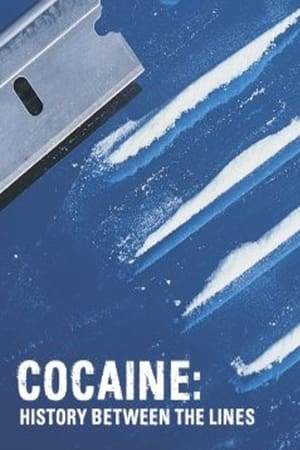 0.0
0.0Cocaine: History Between the Lines(en)
Cocaine has always gotten a bad rap, and for a reason. It is a drug used by the rich and the poor legally and illegally, Mexican cartels fought over it with Colombia once associated with the brutal cocaine wars, and a source of tension between the American and Mexican borders on the people who are illicitly bringing in cocaine from one side of the border to another and will do anything to do it. So it can be surprising at times to the viewer throughout the course of the documentary special, that it was never always like this.
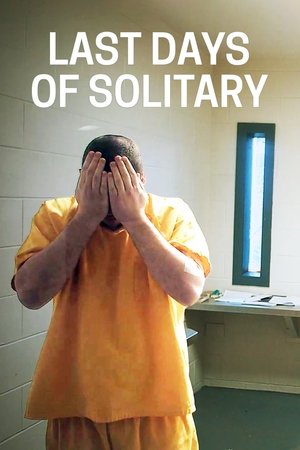 0.0
0.0Last Days of Solitary(en)
In 2011, Maine State Prison launched a pioneering reform program to scale back its use of solitary confinement. Bafta and Emmy-winning film-maker Dan Edge and his co-director Lauren Mucciolo were given unprecedented access to the solitary unit - and filmed there for more than three years. The result is an extraordinary and harrowing portrait of life in solitary - and a unique document of a radical and risky experiment to reform a prison. The US is the world leader in solitary confinement. More than 80,000 American prisoners live in isolation, some have been there for years, even decades. Solitary is proven to cause mental illness, it is expensive, and it is condemned by many as torture. And yet for decades, it has been one of the central planks of the American criminal justice system.
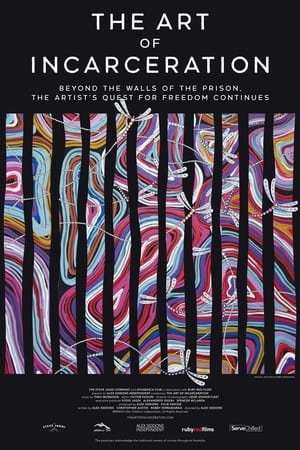 0.0
0.0The Art of Incarceration(en)
Narrated by Uncle Jack Charles and seen through the eyes of Indigenous prisoners at Victoria’s Fulham Correctional Centre, this documentary explores how art and culture can empower Australia's First Nations people to transcend their unjust cycles of imprisonment.
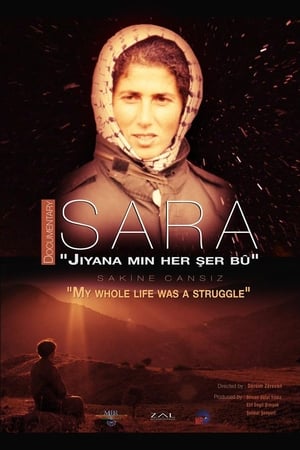 0.0
0.0Sara - My Whole Life Was a Struggle(ku)
Documentary on Sakine Cansız (Sara), the Kurdish revolutionary and PKK co-founder killed in Paris in January 2013 by Turkish agents.
 6.7
6.7The Big One(en)
The Big One is an investigative documentary from director Michael Moore who goes around the country asking why big American corporations produce their product abroad where labor is cheaper while so many Americans are unemployed, losing their jobs, and would happily be hired by such companies as Nike.
Crimes of Honour(en)
Throughout the Islamic world, each year hundreds of women are shot, stabbed, strangled or burned to death by male relatives because they are thought to have “dishonoured” their families. They may have lost their virginity, refused an arranged marriage or left an abusive husband. Even if a woman is raped or merely the victim of gossip, she must pay the price. Crimes of Honour documents the terrible reality of femicide – the belief that a girl’s body is the property of the family, and any suggestion of sexual impropriety must be cleansed with her blood. We meet women in hiding from their families, a brother who describes his reasons for killing the sister he loved, and a handful of women who have committed themselves to the protection of young women in danger of losing their lives.
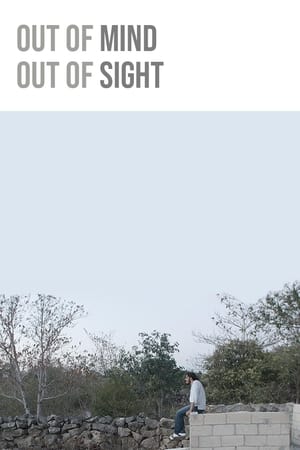 6.0
6.0Out of Mind, Out of Sight(en)
Four-time Emmy winner John Kastner was granted unprecedented access to the Brockville facility for 18 months, allowing 46 patients and 75 staff to share their experiences with stunning frankness. The result is two remarkable documentaries: the first, NCR: Not Criminally Responsible, premiered at Hot Docs in the spring of 2013 and follows the story of a violent patient released into the community. The second film, Out of Mind, Out of Sight, returns to the Brockville Mental Health Centre to profile four patients, two men and two women, as they struggle to gain control over their lives so they can return to a society that often fears and demonizes them.
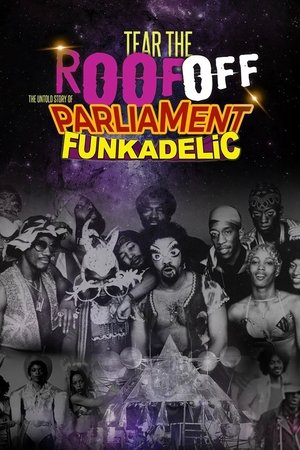 7.7
7.7Tear the Roof Off: The Untold Story of Parliament Funkadelic(en)
The untold true story: The rise and fall of the greatest funk band ever, Parliament Funkadelic.
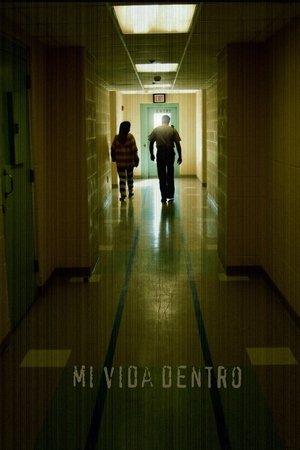 6.9
6.9My Life Inside(es)
Rosa is a Mexican woman who, at the age of 17, migrated illegally to Austin, Texas. Some years later, she was jailed under suspicion of murder and then taken to trial. This film demonstrates how the judicial process, the verdict, the separation from her family, and the helplessness of being imprisoned in a foreign country make Rosa’s story an example of the hard life of Mexican migrants in the United States.
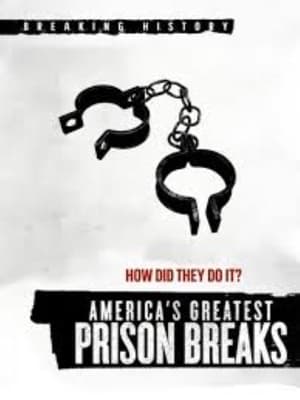 6.0
6.0America's Greatest Prison Breaks(en)
A look at the prison breakout of Richard Matt and David Sweat from Clinton Correctional facility, as well as a look back at some of the most daring and ingenious prison breaks in American history.
 6.0
6.0Rikers(en)
This film from Bill Moyers is the first documentary to focus exclusively on people formerly detained in New York City’s notorious Rikers Island Jail. They tell their compelling stories direct to the camera, revealing the violent arc of the Rikers experience – from the trauma of entry to extortion and control by inmates, to oppressive corrections officers, violence and solitary confinement.
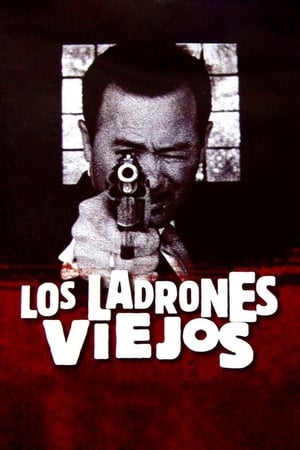 6.6
6.6Old Thieves: The Legend of Artegio(es)
Is the story of a generation of thieves who achieved their greatest victories in the sixties; their distinctive code of ethics, the various categories of delinquents inhabiting the citys streets, their alliances with high ranking police officials that allowed them to operate, the betrayals that followed, and the price they ended up paying.
 6.8
6.8Standard Operating Procedure(en)
Errol Morris examines the incidents of abuse and torture of suspected terrorists at the hands of U.S. forces at the Abu Ghraib prison.
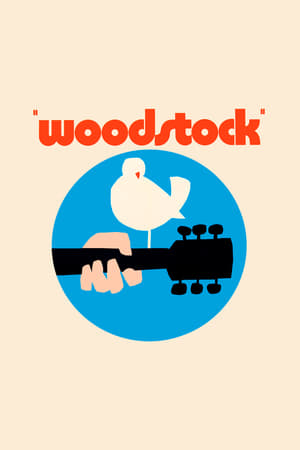 7.5
7.5Woodstock(en)
An intimate look at the Woodstock Music & Art Festival held in Bethel, NY in 1969, from preparation through cleanup, with historic access to insiders, blistering concert footage, and portraits of the concertgoers; negative and positive aspects are shown, from drug use by performers to naked fans sliding in the mud, from the collapse of the fences by the unexpected hordes to the surreal arrival of National Guard helicopters with food and medical assistance for the impromptu city of 500,000.
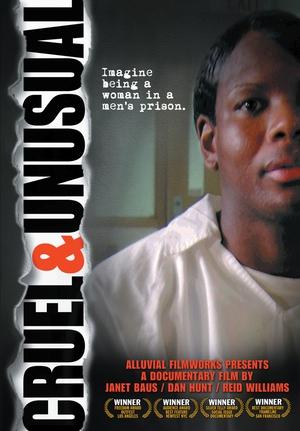 5.5
5.5Cruel and Unusual(en)
Five transgender women share their prison experiences. Interviews with attorneys, doctors, and other experts are also included.
